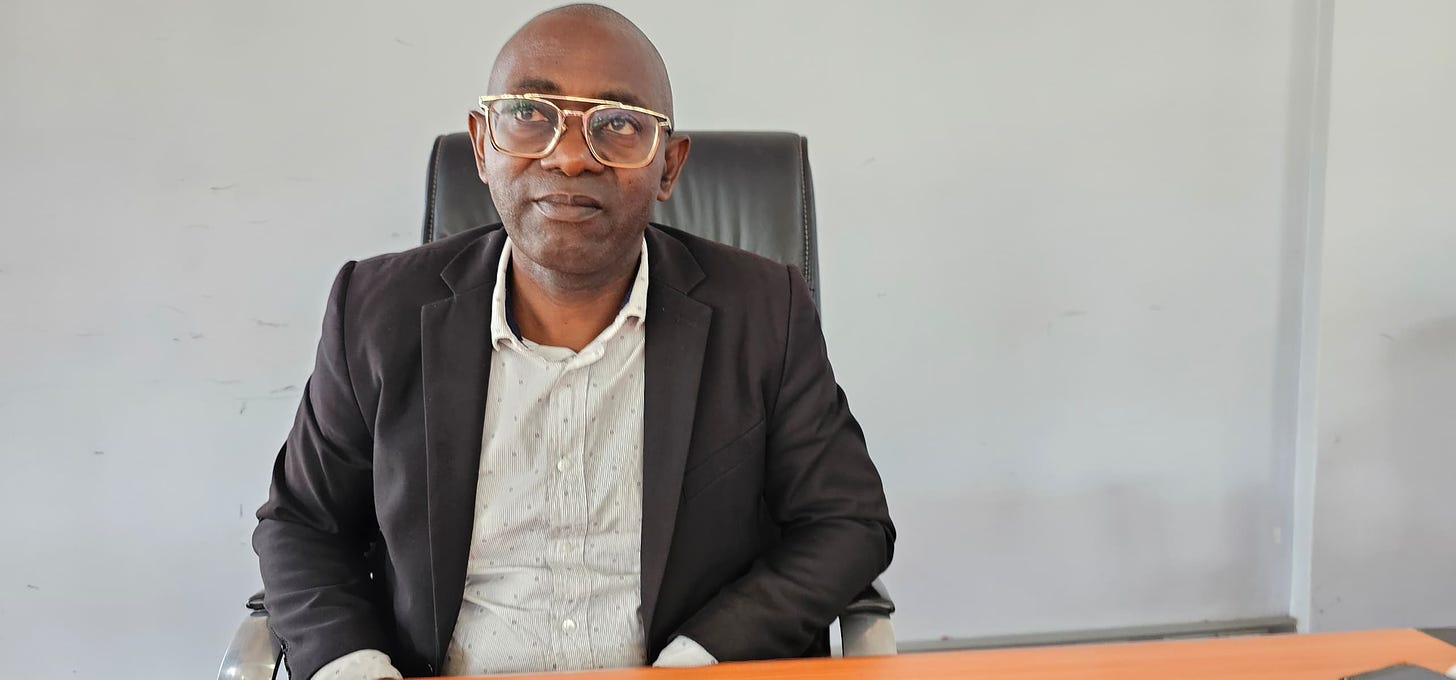Labour Ministry, IOM Map Private Employment Agencies in Malawi
The mapping exercise by Malawi's Labour Ministry in partnership with IOM aims to develop a database of all private recruitment agencies and combat human trafficking.
LILONGWE, Malawi- The Malawi Ministry of Labour has called on all employees from various institutions, both government and private, to register their names with employee associations which teach them about their rights as workers, writes Martin Kamlaike.
his call was made on Friday in Lilongwe where the Ministry of Labour, in collaboration with the International Organization for Migration (IOM), was conducting a mapping exercise of all private employment agencies in Lilongwe and the whole central region.
The aim is to establish statistics for these agencies operating in the country.
Speaking to the media, Deputy Labour Commissioner Wafwire Musukwa urged all employees from private and government institutions to report if they are being underpaid below the minimum wage requirement set by the government, which cannot be compromised by any employer.
"We expect people to come and complain that they are being underpaid, and that the moment they do that the law is very clear that it is a crime to pay below that minimum wage," said Musukwa.
"So, we always summon such employers, and we also encourage employees to join trade unions because trade unions help so much in workers' education so that people know their rights that they are not supposed to be paid below the minimum wage."
Musukwa further called for private employment agencies to register their work with the Labour offices, which will help the ministry enhance collaboration between them and the private sector.
"As for us as government to work with the private agencies, we need to know where they are, their rights, how they are operating, how we can assist them to improve their services so that their clients - those people who want to work within the country or outside - are properly served," Musukwa said.
He stated that the government has policies, laws governing employment regulations, and a labour export guide focusing on agencies that recruit for employment abroad. Musukwa added that they will soon be validating labour migration regulations under the Employment Act, aimed at ethical and fair recruitment for workers going abroad.
Cementing the importance of the matter, IOM Programme Officer for Immigration and Border Governance Jeremiah Joshua said they have partnered with the Labour Ministry to ensure migrants seeking jobs outside Malawi are not exploited.
"Over time, studies have shown that labour export has tended to enable slavery where employers take advantage and exploit migrants who are desperate to travel," Joshua said.
"IOM is a United Nations agency with the responsibility of ensuring migration is orderly, humane and benefits both the destination country and the origin country. Partnering with Labour is to checkmate and ensure Malawians migrating for labour purposes are not exploited."
Joshua added that with their expertise, they want to ensure Malawians moving abroad have proper documentation to enjoy their human rights in the destination countries.
Responding to the issues, Mphatso Chibwana, owner of Hope Employment Bureau, a local agency, stressed that most Malawian employers stigmatize and refuse to hire people living with HIV as domestic workers.
"The challenge so far, I can say that there is a challenge in like a person who is HIV positive. More employers do not want to hire like a maid who is HIV positive. There is too much stigma," Chibwana said, adding that some employees also fail to disclose their status, leading to high defaulter rates after being hired.
Additionally, Chibwana said most employers fail to commit to the minimum wage for domestic workers, complaining it is too high for them to afford.
Another representative, Songazaudzu Sajeni from Nswala Employment Bureau dealing in local and international recruitment, added that private agencies lack proper guidelines and policies to govern their new industry in Malawi.
"When you get to the ministry of labour, you hear that they are actually in the process of doing this and that like developing guidelines," Sajeni said, disclosing that draft guidelines from 2016 have not been finalized.
Sajeni called for all private recruitment agencies to unite and form their own association to govern their work and ensure collaboration within the industry.
The mapping exercise by Malawi's Labour Ministry in partnership with IOM aims to develop a database of all private recruitment agencies and combat human trafficking, which violates human rights, through ethical labour migration practices.



